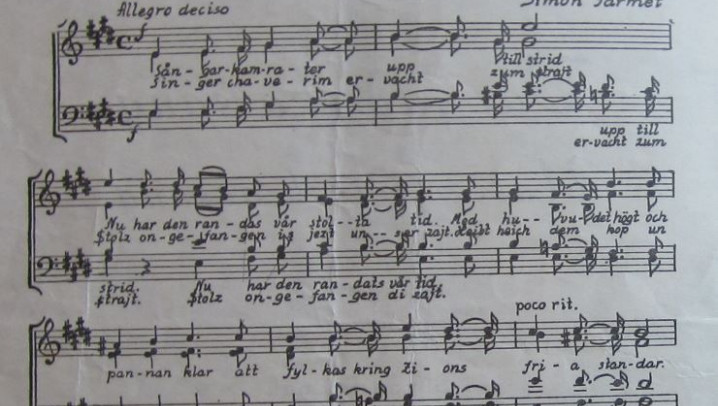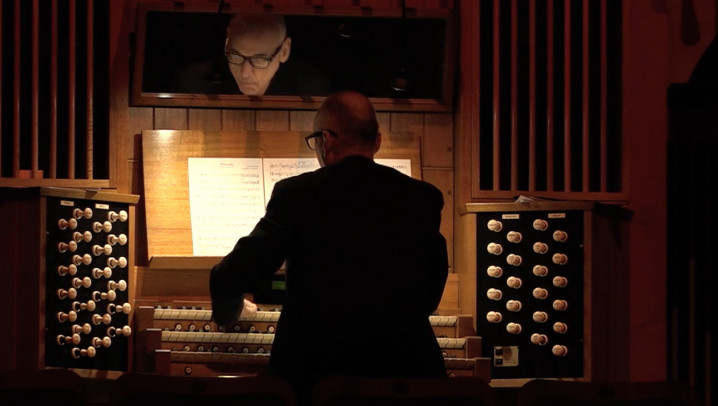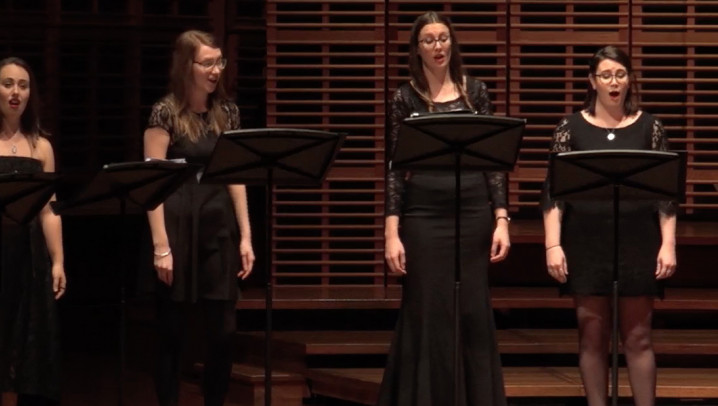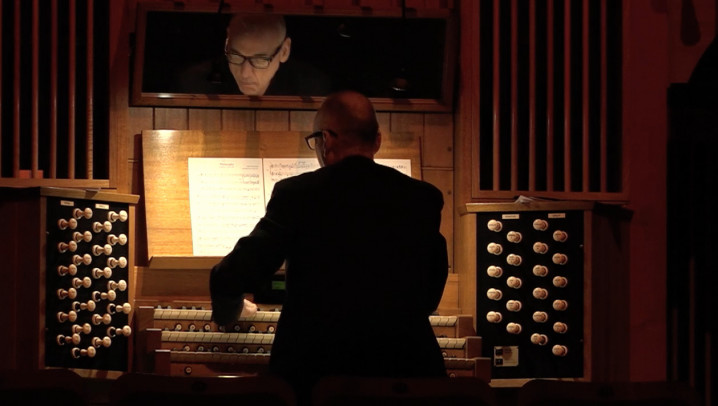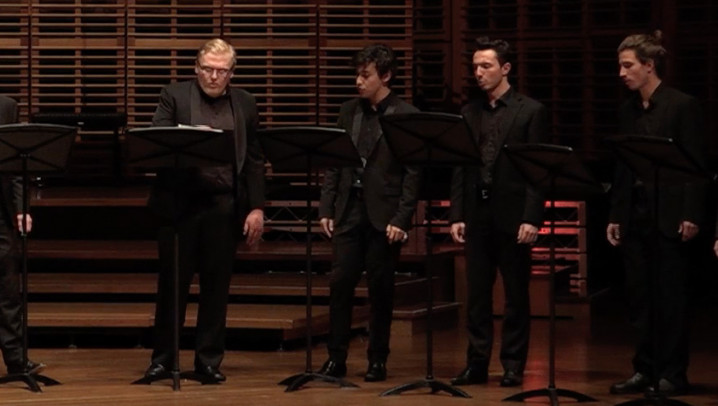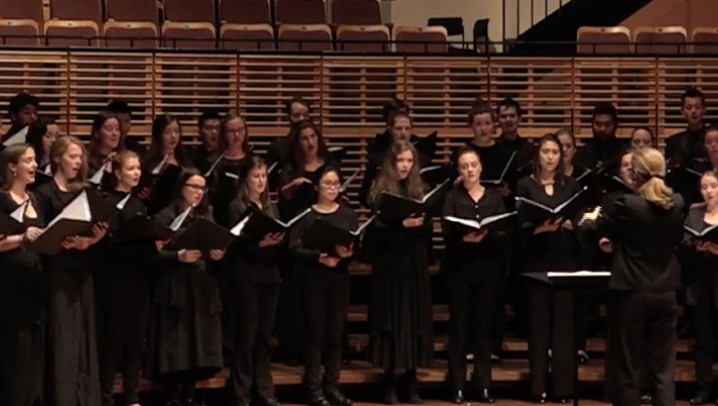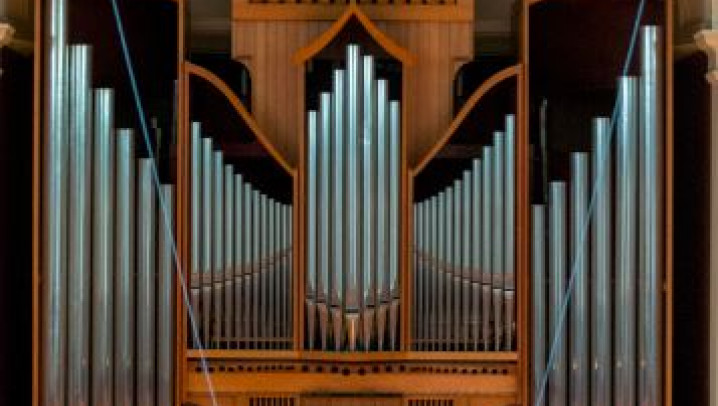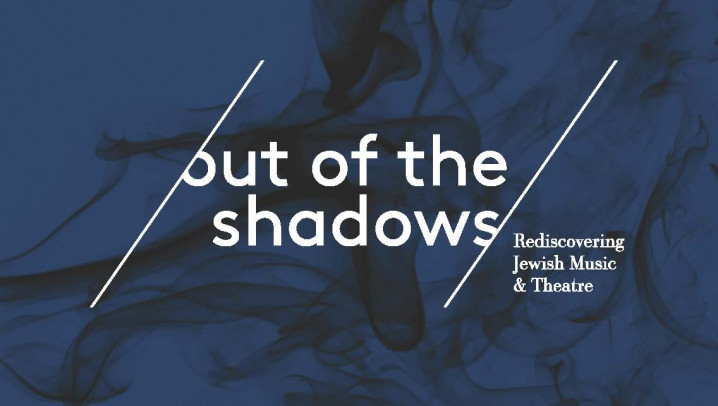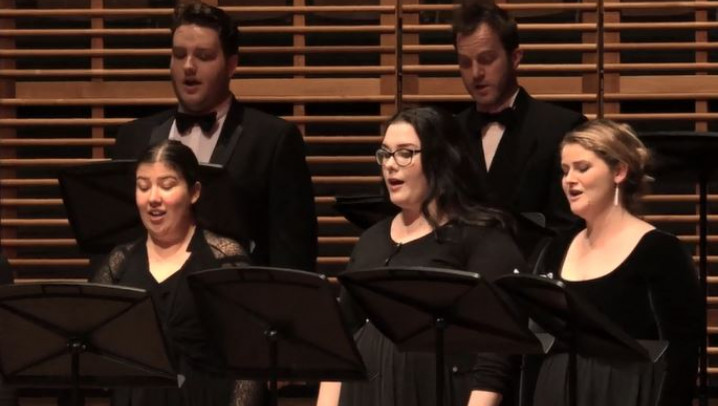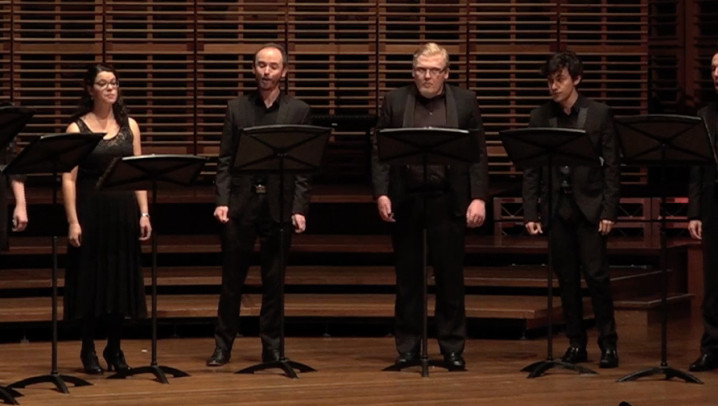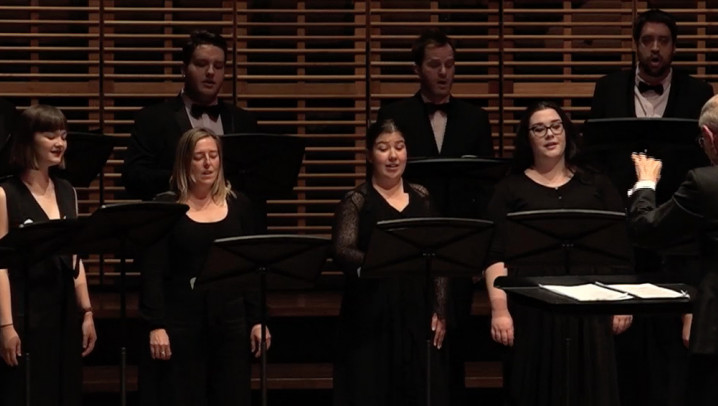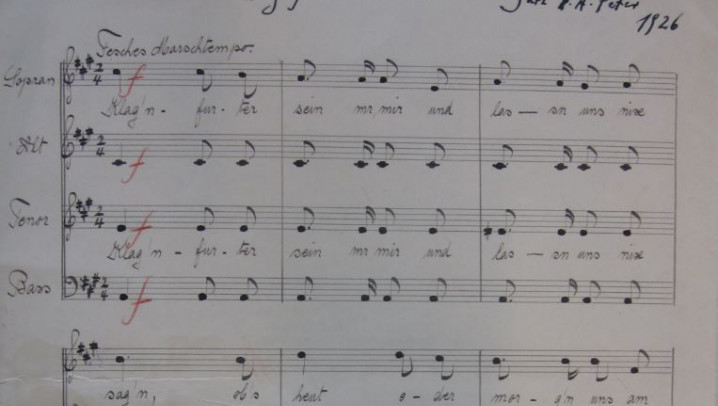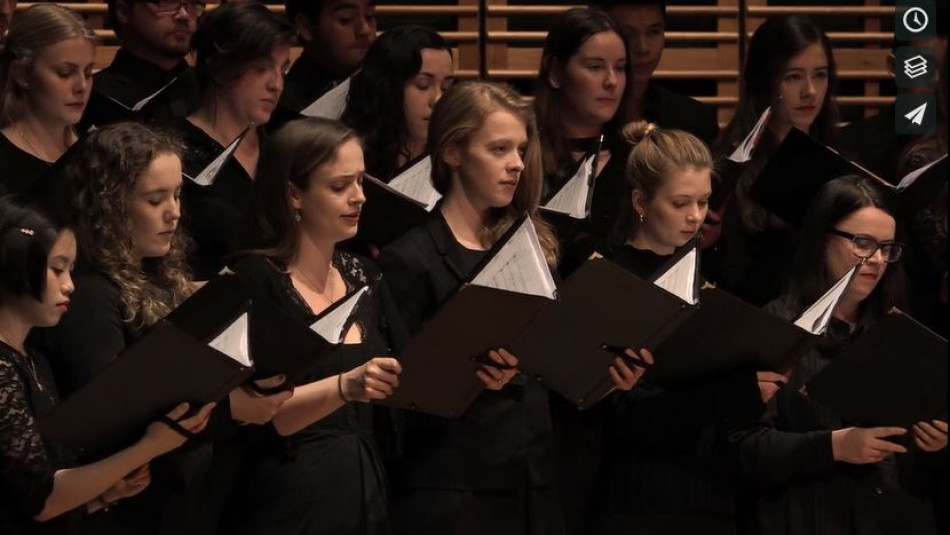
At the edge of the world: Jewish choral music from Australia, South Africa & Finland
Choral concert in the Verbruggen Hall at the 'Out of the Shadows' festival in Sydney, 2017
| Genre | Concert performance |
|---|
Sydney Philharmonia Choirs’ VOX ensemble
Conductor Elizabeth Scott
Soloist Iosefa Laga’aia (tenor, VOX)
Sydney Conservatorium of Music Chamber Choir
Conductor Associate Professor Neil McEwan
Luminescence Chamber Singers
Organist David Drury
Choral works by Werner Baer, Josef Gottbeter, Morris Katzin, David Nowakowsky, Simon Parmet, Moses Pergament, H.A. Peter, Froim Spektor and Georg Tintner.
Organ works by Armin Freisinger, Siegfried Würzburger and Walter Wurzburger.
New compositions by Katrina Kovacs and Victoria Pham, to the poetry of Nelly Sachs.
Germany to Australia; Russia to South Africa and Finland; Austria to New Zealand. These are some of the journeys taken by Jewish composers fleeing Europe. Our concert is presented in four distinct sections, divided by organ interludes composed by Walter Wurzburger, his father Siegfried Würzburger and Armin Freisinger. The first section features an original setting of the High Holyday Kaddish prayer by Morris Katzin, and two works composed in Ukraine and Southern Russia, brought to South Africa by Katzin. It concludes with the first new work in the program, Katrina Kovac’s setting of Nelly Sachs’ poem Dieses Land.
The second section consists of secular settings by Jewish composers in Scandinavia. Moses Pergament’s A vinterlid sets a dramatic poem by the Bundist poet, Avrom Reyzen. Undzer yidish gezang was written in 1920 by Pergament’s brother, Simon Parmet. It became the anthem of the Helsinki Jewish Choir Association, the Judiska Sångföreningen. H.A. Peter (Adolf Fleischner) wrote an arrangement of a traditional Carinthian folksong in 1926 in Vienna, bringing it and many other compositions to Finland in 1938.
A reflective mood suffuses the setting of Min Hameytsar by Froim Spektor and Josef Gottbeter, the opening work in our third section, though the piece concludes with hope for the future. Werner Baer’s peaceful Hebrew setting of Yih’yu L’ratzon is offered beside Theodor Schoenberger’s English setting. Schoenberger was Baer’s predecessor as Director of Music at Temple Emanuel in Sydney, and this is one of his only surviving works.
Our final section begins with Victoria Pham’s setting of Nelly Sachs’ poem Mutterwasser. We conclude the presentation with two of Werner Baer’s most creative and fascinating compositions: an English setting of the words of Psalm VIII, and Labrit Habeit, a devotional poem recited during the penitential prayers of the High Holydays. Labrit Habeit was composed in 1991 for the Sydney Jewish Choral Society, which Baer had co-founded five years earlier.
Dr Simo Muir, Lead researcher for Parmet, Peter and Pergament
Associate Professor Stephen Muir, Lead researcher for Gottbeter, Katzin, Nowakowsky, Spektor and Freisinger
Dr Joseph Toltz, Lead researcher for Baer and Wurzburger


